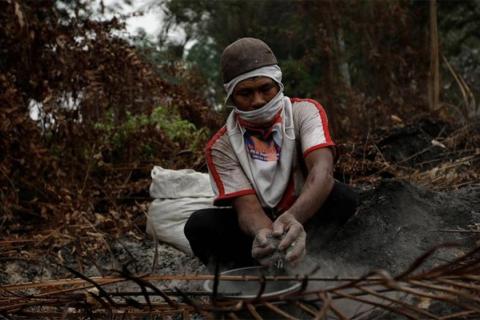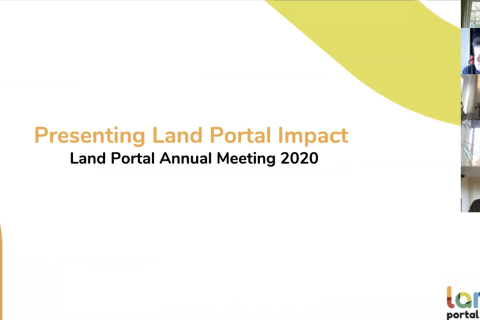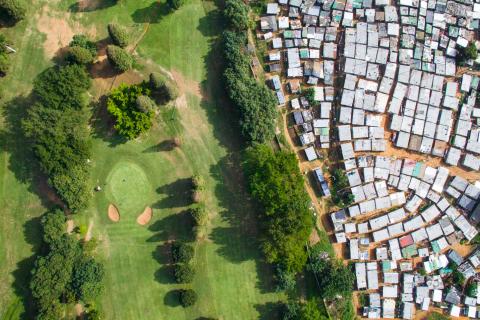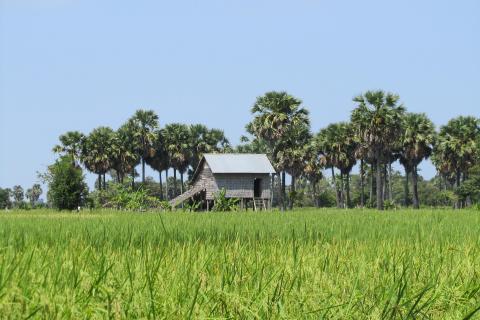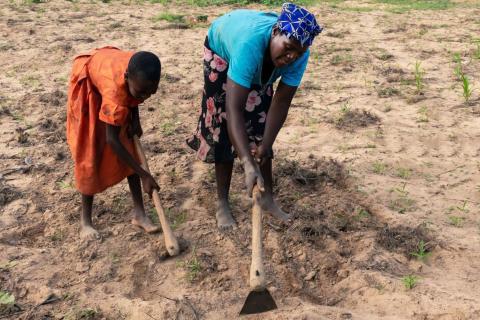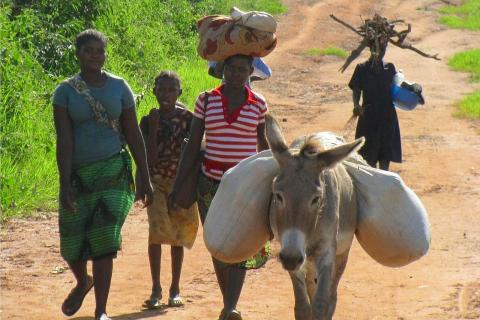Helping indigenous communities secure land rights in Nepal
Written by Jagat Deuja and Rachel Knight for IIED and CSRC. Originally posted at: https://www.iied.org/helping-indigenous-communities-secure-land-rights-nepal
Main photo: Young 'social mobilisers' interviewed more than 2,700 landless or untenanted families and gathered the data that was needed for the government to register their tenure (Photo: copyright Kumar Thapa, CSRC)
Five mega-trends affecting forests will have profound impacts on local communities
We need to understand the consequences of technology, migration, climate shifts, infrastructure and a growing middle class on forest-dependent people
The fifth anniversary of the signing of the Paris Agreement offers a moment to reflect on progress towards global climate goals. When it comes to protecting the world’s forests, which are essential to global and national efforts to combat climate change and biodiversity loss, there has been little – if any – progress.
The disaster for Barbudans and their fragile homeland continues
From disaster capitalism to philanthro-capitalism to destruction of the very mangroves and shores which help protect Barbuda from storms and hurricanes
Land Portal Announces a New Donor and Board Members
The COVID-19 crisis has made 2020 the most challenging year in our lifetime. It has demonstrated the need to ensure that sustainable and equitable land governance remains a priority on the international agenda. The pandemic also underscored the importance of digital platforms for both maintaining access to data and information and providing a space people can trust.
USAID Brief Reveals Linkages between Gender-Based Violence and Documentation of Women’s Land Rights
A USAID brief, published to mark 16 Days of Activism against Gender-Based Violence, reveals important lessons from land rights registration activities in Zambia
Securing women’s land rights is an important global development goal and has been linked to significant gains in women’s economic empowerment and community development. At the same time, the process of documenting these rights can create resentment and increase conflict not only between spouses, but also within families and communities, often leading to gender-based violence.
Five things to know about land property rights in East Asia and the Pacific
Earlier in the year Prindex – the first ever global measure of land and property rights – released its full 140-country dataset. The results are sobering. Almost 1 billion people around the world feel it is likely or very likely that they will lose their land or home within the next five years.
Could youth land rights hold the key to transforming agriculture and stimulating economic development in Africa?
Over 60 percent of Africans are under the age of 35 – a well-documented “youth bulge” representing both an enormous challenge and a tantalizing opportunity for the continent.
A New Hope
This is the story of how dozens of communities in Mozambique are mapping and documenting their own land rights. "A New Hope" is the winner of the Land Portal's Second Data Story Contest, and is authored by the team at Terra Firma Mozambique.
Blog series probes principles: what works for women’s land rights?
A new blog series featuring voices from East and West Africa will take a closer look at a set of principles we think strengthens women’s land rights. Here, IIED’s Philippine Sutz tells us what to expect.



